Dyson Purifier Cool Autoreact™ TP7A Purifying Fan (White/Nickel)
-
( 4 Reviews )Rated 4.75 out of 5 based on 4 customer ratings04
Automatically senses, captures, and traps pollutants for cleaner air. Purifies the whole room¹ and cools you.
-
-
Mainstays Single Serve Dual Brew Coffee – 772125593
Rated 4.50 out of 504Mainstays Single Serve Dual Brew Coffee – 772125593
Rated 4.50 out of 504 -
Bella – Classics 2-Slice Wide-Slot Toaster – Stainless Steel
Rated 4.75 out of 508Bella – Classics 2-Slice Wide-Slot Toaster – Stainless Steel
Rated 4.75 out of 508
Re-engineered to deliver 50% cleaner air
Dyson’s latest purifiers combine intelligent sensing with an advanced filtration system. An activated carbon filter removes gases and odors and a HEPA filter captures 99.97% of particles 0.3 microns in size. And Dyson purifiers have powerful Air Multiplier™ technology to purify the whole room.
Senses and reports automatically
Integrated sensors constantly analyse your air, while our unique algorithm cross-checks data every second. It diagnoses pollutants at a molecular level, displaying live results on the LCD.
Purifies the whole room
Only Dyson purifiers have Air Multiplier™ technology. It generates the circulation power to draw even distant pollutants into the machine, projecting purified air throughout the room.¹
Captures gases and ultrafine particles
The HEPA filter captures 99.97% of particles 0.3 microns in size. A layer of activated carbon also removes odors and gases including VOCs.
Fully sealed to HEPA H13
In our latest purifiers, it’s not just the filter that meets HEPA H13 standard, it’s the whole machines.² So what goes inside, stays inside.
Cools you when needed
Projects over 77 gallons of air a second for cooling airflow.
Backward airflow mode
Diverts airflow through the back of the machine. To purify, without cooling you.
Now 20% quieter
Acoustically engineered to reduce turbulence, so it’s 20% quieter than the previous model.
Oscillates up to 350°
Adjustable oscillation projects purified air around the whole room.
Night mode
For lighter sleepers. Monitors and purifies using the quietest settings, along with a dimmed display.
Easy filter care
The filter is quick and easy to change. With automatic filter-life notifications on the LCD.
Remote
Curved and magnetised to store neatly on top of the machine.
Additional information
| Height | 41 in |
|---|---|
| Length | 4.72 in |
| Width | 8 in |
| Weight | 11 lb |
| Oscillation/Angle | 350 degrees |
| Number of speed settings | 10 |
| HEPA filter | HEPA H13 |
| Product diameter (skirt) | 220 mm |
| Product diameter (shrouds) | 220 mm |


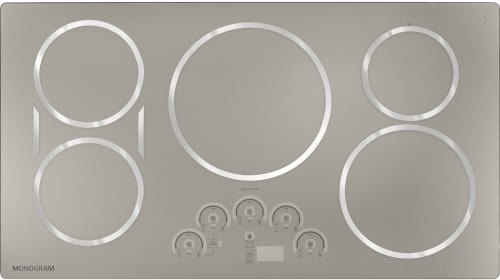
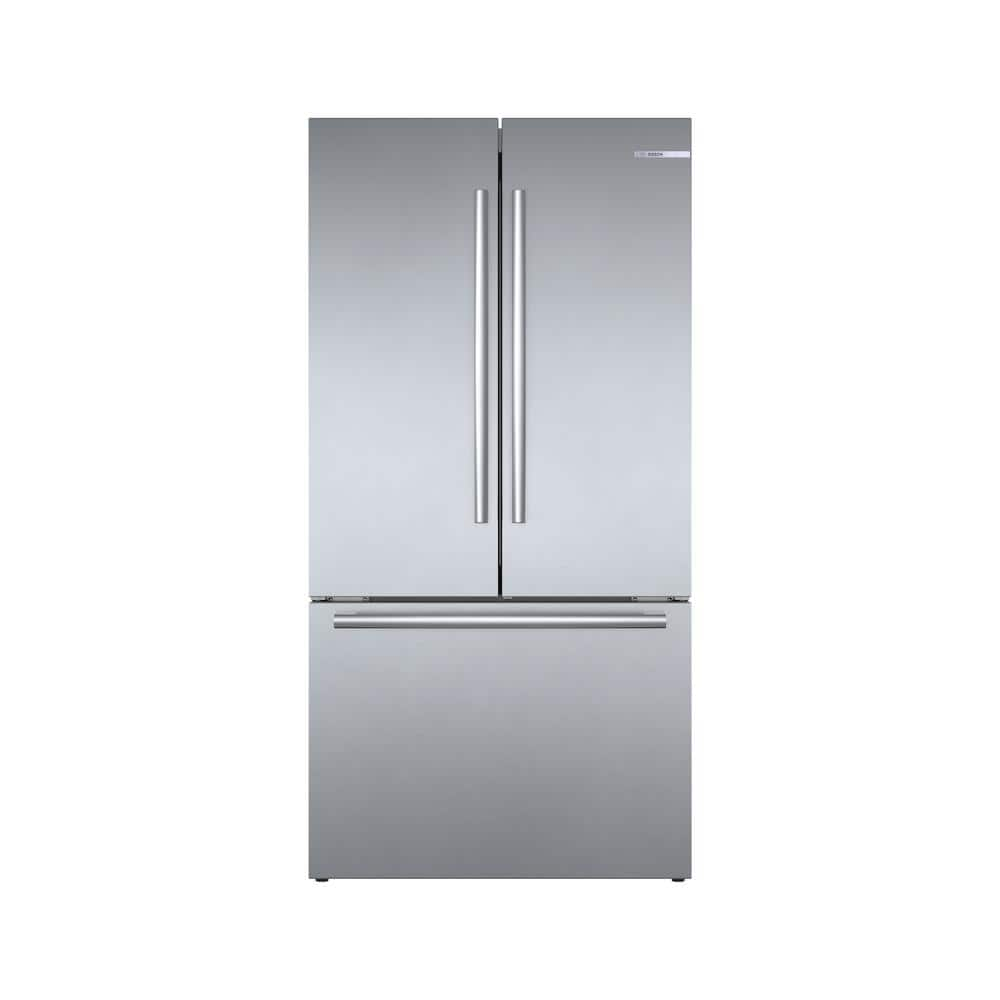

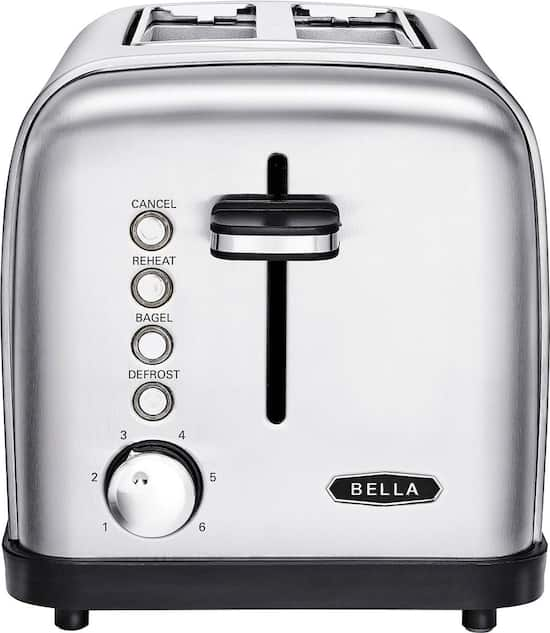

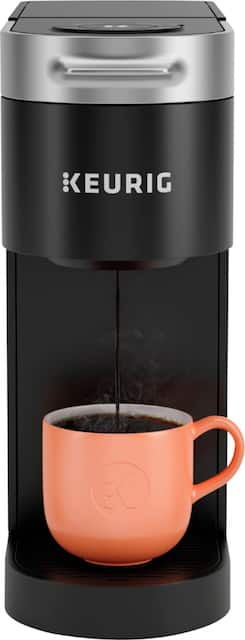
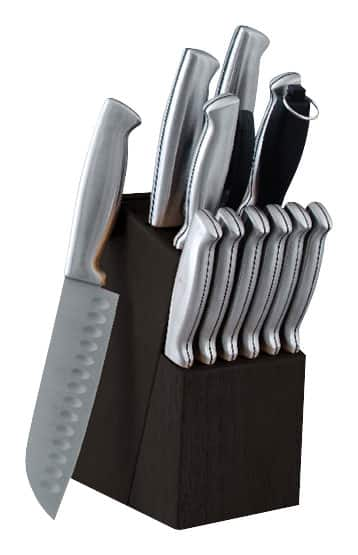

by Barb
I have been using this for a couple weeks and love it!
by Charlene
Love that it purifies the air and cools the air. It is very quiet.
by Ezzy
I must say this purifier works great! Me and my boyfriend have really bad allergies every morning when we wake up, literally so much dust is everywhere at our place. With the amount dust we have, we are sneezing too much each day as well as having our nose clogged every morning with allergens. At first, I thought this thing would be a joke and not work. My friend referred me about this product and had told me it works very well for her. So I decided to try it out and see how me and my boyfriend feel about it. I was absolutely surprised that this machine worked for me and my boyfriend, when me and my boyfriend woke up the next morning for the first time with this purifier, we did not have a clogged nose at all. Wow Dyson, this is very awesome!
I am happy to say I will be keeping this product and will shop in the future here for more of their products. Unfortunately, this machine lost a star because it lacks app support. Sure yeah I get it that I had every opportunity to upgrade and choose the TP09, but I still believe at this price I should also have the functionality to control from the app. Overall, I still love it! However, if you are looking to buy this please consider the following pros and cons:
Pros:
– The purification is really great, when having it in “auto mode.” The sensor is sensitive so it will pick up any smells or type pollutants to appropriately adjust the air flow for purification.
– The back airflow and front airflow comes in handy when it comes to seasons, absolutely amazing! I am from Texas State, here it can get pretty cold here during winter times. With the back airflow, this is useful to have to distribute the air from the back instead of the front if you do not want the coolness to go directly at you.
– The night mode is very great when it comes to sleeping at night or taking naps, you can barely hear the machine operating.
– Its pretty cool to have the LCD screen to provide readings of how the air quality is, that is quite useful to have.
– Talk about oscillation, Dyson took it to a whole another level! You are able to configure the oscillation to 45, 90, 180, and 350 degrees for the machine to oscillate. Whatever fits your needs, that is impressive!
Cons:
– Lacks App support
– The fan is powerful I must say, but it isn’t as powerful as a regular tower fan. So don’t expect it to be like a regular tower fan where “a lot of air” is going directly to you during higher temperature seasons. Just to feel a good amount of coolness, I would say you have to set the fan speed to 9 or 10.
by Taylor
Received this a couple weeks ago. Simple to use and has great features. Take it out of the box, insert filters, plug in and ready to go. With the included remote it is very easy to scroll through menu. Very user friendly. Love the autoreact as I have been able to identify what triggers it to come on most of the time. Cooling feature works well and the night mode is also a nice option